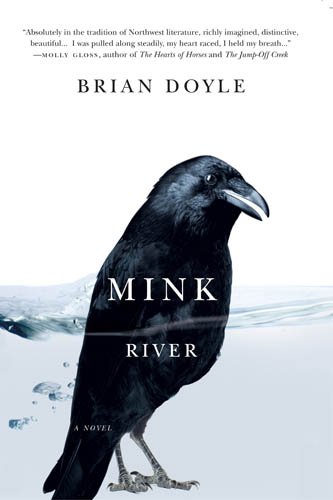Samuel Delany is not a new name to Science Fiction, nor is "Nova" a recent book. It was first published in 1968, and Delany is associated with other SpecFic greats like Isaac Asimov and Philip K. Dick. He has won multiple awards, all well-deserved, for his creative and insightful depictions of humanity in the future. His works, "Nova" included, often address questions of race and sexuality that at the time were only just beginning to be overtly explored through texts like Ursula K. LeGuin's "The Left Hand of Darkness." As a self-identified African American gay man, Delany uses his personal experiences with minority status in multiple ways to create beautiful, imperfect characters and alien worlds that are all fraught with dangers, both obvious and hidden.
"Nova" is no exception to this haunted beauty of Delany's, and focuses on character more than action as the plot progresses. This seemed odd to me, since the adventurous setup for the novel had me eating out of the author's hand from the second chapter or so. In this interplanetary saga space ship captain Lorq Von Ray, the only son of a wealthy family in the Pleiades, is convinced that he's found a way to break a rival family's choke hold on Illyrium, the scarce but powerful element that powers everything from space-age musical instruments to space ships. But to overthrow the Red family and end the feud that' been raging between them for generations, he'll have to find a crew that's brave - or desperate - enough to fly through a nova. That's right, Lorq believes Illyrion to be concentrated in the center of an actively collapsing star before it's exploded outwards to spread again across the galaxy. But who can survive the intensity of an imploding star? Lorq has clues, and he and his crew are on their way to finding out whether or not survival and success are both possible.
Lorq is a fascinating character, the product of interracial marriage and his family's questionable rise to power in a star system far from Earth and the Draco system. He is haunted by childhood memories of Prince and Ruby Red, brother and sister from the highly esteemed and very influential Red family. Prince's bitterness and cruelty, which holds his sister Ruby in thrall, both repulses and fascinates Lorq, as indicated by the violent scar across his face. The result of a violent fight when they were young men, it serves as a reminder to Lorq. The fact that he never had it medically mended never ceased to trouble his mother.
Others among the crew demonstrate queer quirks of character as well, particularly where identity is concerned. Chief among them are Mouse, the gypsy man who's wandered the earth and now travels the stars, picking up symbols and traits from every group to which he's ever belonged, carrying them on himself like a living record of identity; Katin, a well-educated but directionless young man who has an affinity for moons and a desperate desire to escape the sense of meainglessness that plagues his life; and Lynceos and Idas, two of three triplets from the Outer Colonies, one black as night and one albino, two sides of the same coin that reflect and complete one another. All of this beautiful rainbow of unique individuals reflect a search for something, and hint at their own reasons for following Lorq on what appears to be a hopeless mission from which they will not return, whether because of the nova itself or because of Prince Red's determination to stop them.
I loved this book, was drawn so deeply into it that it never seemed odd to me that the plot wasn't moving forward very quickly. The characters, particularly how they move back and forth between their memories and their present, are so vivid and fascinating that the mission to find a nova could have failed entirely and I would not have felt cheated by this novel. The mission that Lorq sets them all on is the catalyst for their self-discovery, the crystallization of their identity and the things they learn from one another about themselves, so subtly orchestrated by Delany that the book never feels forced or obvious.
One of my favorite aspects of the novel was the technology used to pilot the ship. Nearly everyone in the galaxy is outfitted with cybernetic implants that allow them to plug into machines, everything from vacuums to space ships. These connections that blur the line between human and machine are discussed at length so as to give the reader a brief history of how that particular revolution came about, I couldn't help but be reminded of smartphones, of the present-day cybernetic technology that's being developed, and of how drone technology is progressing. And remember, this book was published in 1968! It's a crazy backwards-facing time portal into what one extraordinary man imagined the future might hold for the human race, what it still might be one day.
If you like classic Science Fiction and want an experience that blends technology with identity and a space-age Moby Dick-type story of obsession and destruction, then you can't beat the intergalactic rivalry and introspection of Samuel Delany's "Nova." It's still in print, and available from your favorite local, independent bookstore.





